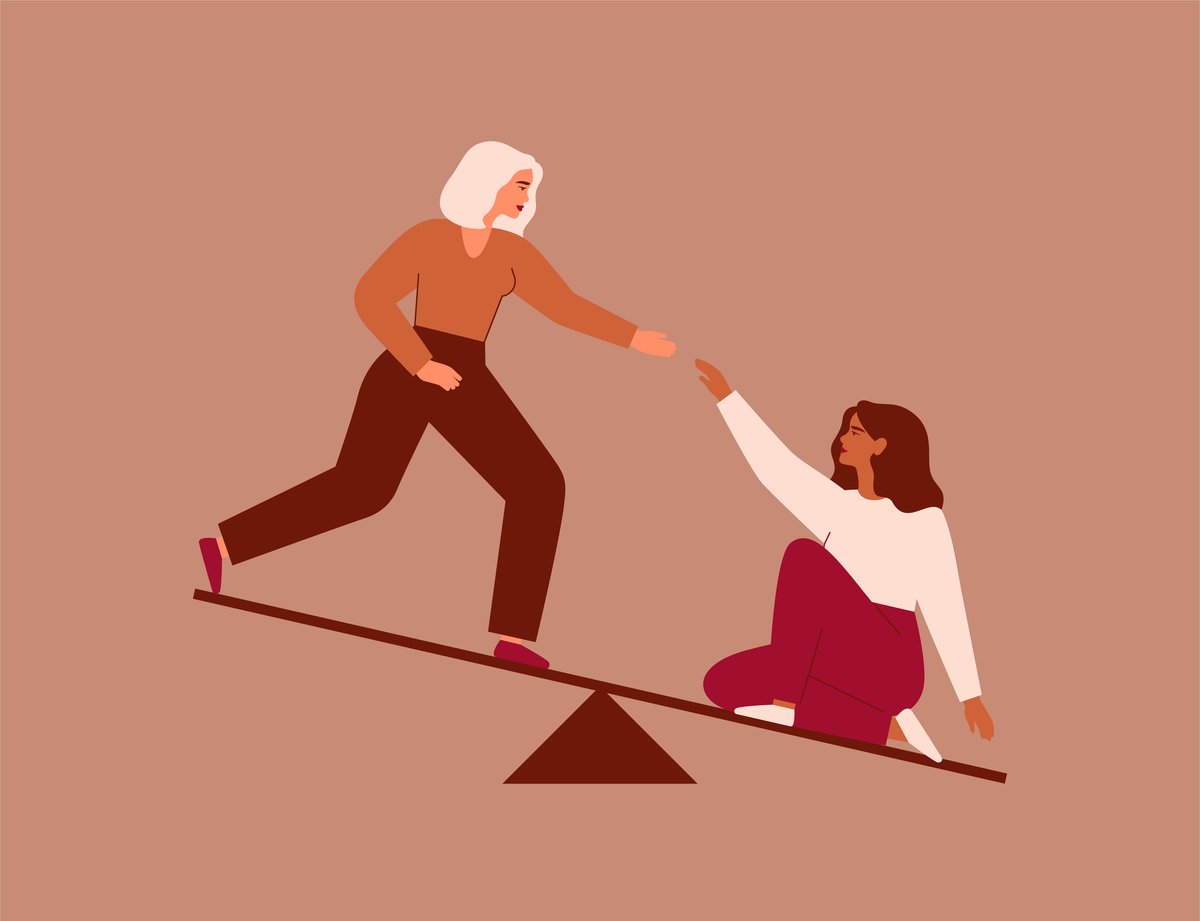
We all have those people in our life who just *get* you. You know the ones. The friends that can instantly read your feelings and know what's going on. Then there are those people you've known who are a little... disconnected from the feelings of those around them.
That's because there are some people in society who are more prone to empathy than others. In fact, more so than most 'normal' people.
According to Dr Judith Orloff, psychiatrist and author of The Empath’s Survival Guide, each of us sit at different levels of an empathy scale.
Dr Orloff describes it as a spectrum, where there's people with no empathy (narcissists, sociopaths, and psychopaths), regular people who have empathy, highly sensitive people, and at the other end of the spectrum are empaths.
Interesting!
Watch: How to know if you're dating a narcissist. Post continues below.
And no, before you even ask - it doesn't mean anything is wrong with you.
"Researchers have found that empaths have more active mirror neurons - this means they can tap into the micro-changes in others," said psychotherapist Lissy Abrahams.


Top Comments